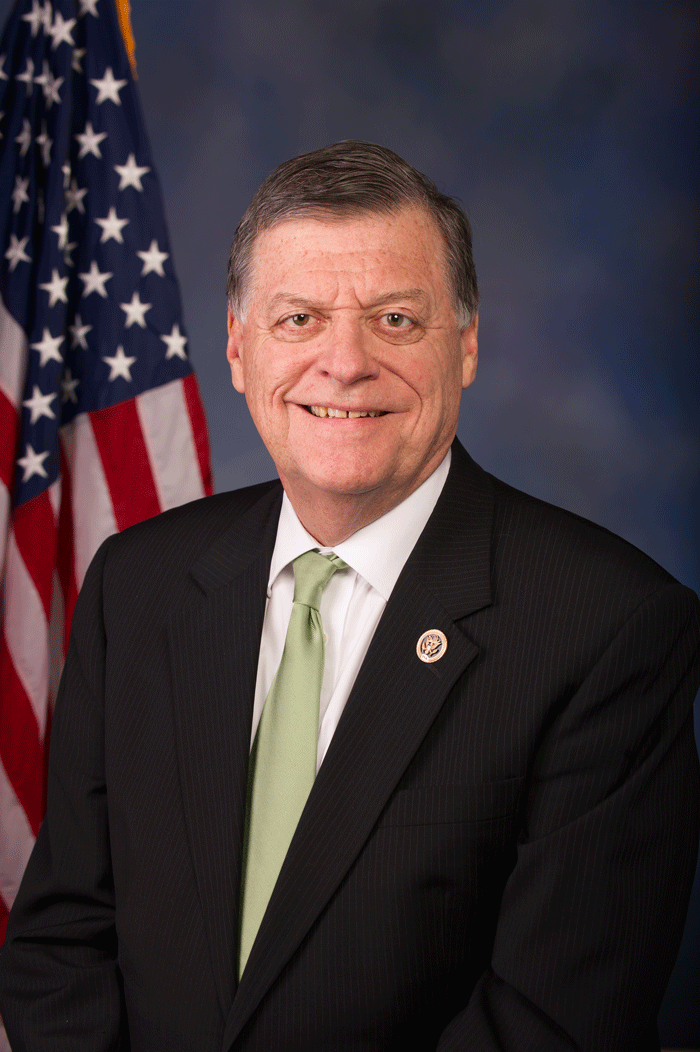
As the end of the year draws nearer, unfinished legislative work remains for lawmakers in both chambers of Congress. In the coming days and weeks, it is critically important that members come together to tackle the pressing work left to do.
First, Congress needs to provide full-year funding – also called appropriations – for the federal government. As you might know, annual appropriations support government programs that touch nearly every aspect of our daily lives as well as various facets of the economy – including national defense, operating national parks, law and immigration enforcement, health care research and a host of other activities. All of these activities should be funded through 12 annual appropriation bills passed by Congress and signed into law by the president before the start of the fiscal year on October 1. Unfortunately, that legislation has not been completed yet for fiscal year 2021. As a result, government operations are temporarily being funded by a short-term “continuing resolution” through December 11. I am encouraged that the Senate Appropriations Committee recently unveiled their version of annual funding legislation. However, it will ultimately require time, bipartisanship and good faith negotiation to ensure both chambers can pass and the president will sign any legislation into law.
Along with continuing the government’s regular functions and preventing a shutdown, Congress still needs to act on additional coronavirus relief for the American people. Both chambers have already shown it’s possible to deliver relief in a bipartisan manner, as it did four times earlier this year. Unfortunately, Speaker Pelosi has for months intentionally stalled progress on a fifth relief package even though bipartisan agreement exists on many things, such as extending the small business saving Paycheck Protection Program.
Finally, another critical piece of legislation that awaits completion is the National Defense Authorization Act (NDAA). This annual legislation authorizes funding for the U.S. military and other critical defense priorities and ensures our troops and their families have what they need to defend our nation. The enactment of this complex legislation has been passed each year, for 59 years. In the coming weeks, I am hopeful that differences can be sorted out and we can send the NDAA to President Trump to be enacted to support our common defense and ensure protection of U.S. interests around the world.
Before the end of the year and the start of a new Congress, current members on both sides of the aisle and across the Capitol must work together to keep the government funded, act on another coronavirus relief package and authorize funding to support our common defense. I remain committed to finishing that important work, and I urge my colleagues to do the same for the good of all Americans.